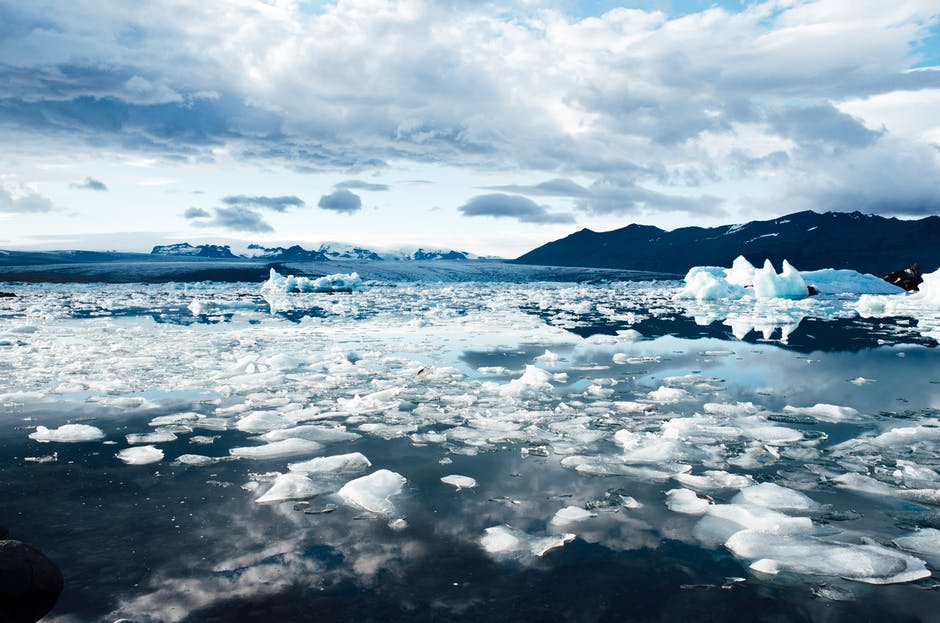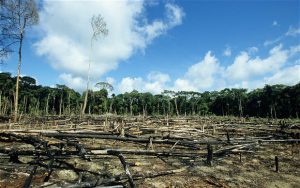Diseases will spread faster and further, and kill more people, as the effects of record heat, floods, drought and storms escalates
The lives of billions of people are being threatened by the climate crisis, experts from around the world warned in the annual Lancet Countdown report this week. No one will escape the consequences of climate change, but people living in poorer countries are particularly vulnerable. Here are 10 ways the climate crisis is affecting global health:
1. Floods and disease
As life becomes less tolerable for humans, animals and plants, things will get easier for disease-causing organisms. More than half of all known diseases have been made worse by the climate crisis, say scientists.
A warming world makes outbreaks of water-borne diseases such as cholera, dysentery, hepatitis A, typhoid and polio more likely. They spread when people eat or drink something that contains infected faecal particles, which is why outbreaks often happen where extreme weather events have damaged infrastructure and led to poor sanitation.
World Health Organization data published in September showed there were twice as many cholera cases in 2022 than in 2021. Outbreaks were recorded in countries where cholera had been under control for years, including Yemen and Lebanon.
Between February and March of this year, one of the strongest and longest tropical storms ever recorded displaced millions of people in five African countries. Cyclone Freddy lasted for eight weeks and travelled across Mozambique, Madagascar, Zimbabwe and Mauritius.
Read more: TheGuardian






